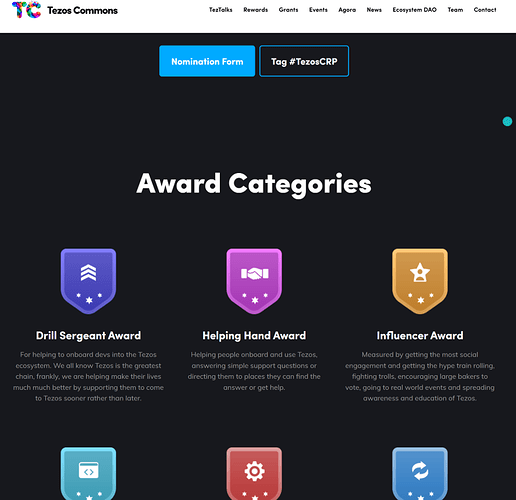As a staker and delegator, I disagree with the idea.
Democracy’s other side is acquiring information to enhance decision quality. Blockchain governance involves complex mathematics, computer technology, and economics. If the group participating in Tezos governance decision-making lacks this knowledge and training, even allowing all XTZ holders to vote becomes meaningless, as it is difficult to make decisions that align with the long-term interests of the community.
For example, in a court trial, the presence of professional defense attorneys and other specialists is essential. If these professionals are lacking and ordinary jury members participate in voting on the guilt of a case, it could likely lead to many tragic verdicts.
Recent rounds of voting on the Tezos platform have seen significant controversy, particularly surrounding the economic aspects of the protocol, which involve many stakeholders.
In practice, voters typically do not prioritize the long-term maximization of the Tezos community’s interests; instead, they often focus on maximizing their own individual benefits. While voters may claim that their decisions consider the long-term development of Tezos, this is frequently just an excuse.
The Hen community on the Tezos platform serves as a case study. The community is composed of diverse members who lack governance expertise, and differing short-sighted interests hinder the development of Hen.
Therefore, my suggestions are as follows:
First, bakers play a crucial role in maintaining network security, but they may lack the judgment needed for complex issues. For matters that are intricate and specialized, it is essential to involve professionals who can provide objective and rational analyses. These professionals should not have voting power; instead, they can offer insights that community members may lack.
Second, it is important to allow bakers sufficient time to communicate with stakers and delegators. This will enable them to switch their support to the side that aligns with their interests without risking losses in XTZ or wasting time. This approach is similar to how presidential candidates in the United States engage with voters prior to elections, clearly articulating their governance proposals.
These ideas may involve cost implications and technical challenges, and I approach this discussion with a humble mindset. I welcome your thoughts and encourage open dialogue without any pressure or reservations. However, I ask that any expressions of opinion be grounded in rational analysis based on factual evidence.
